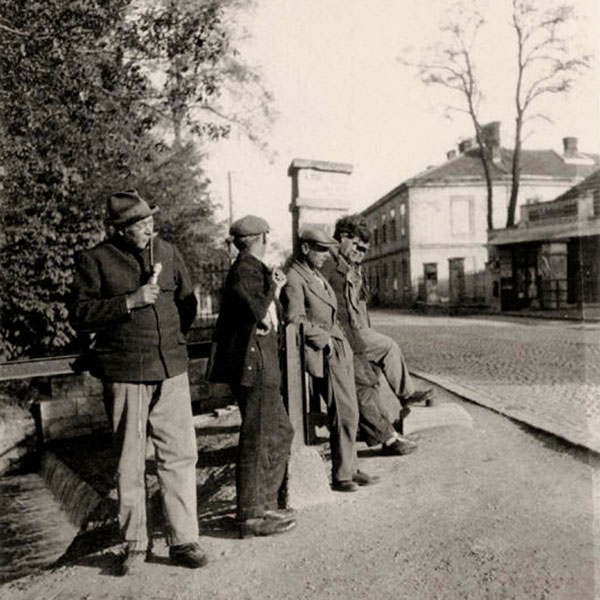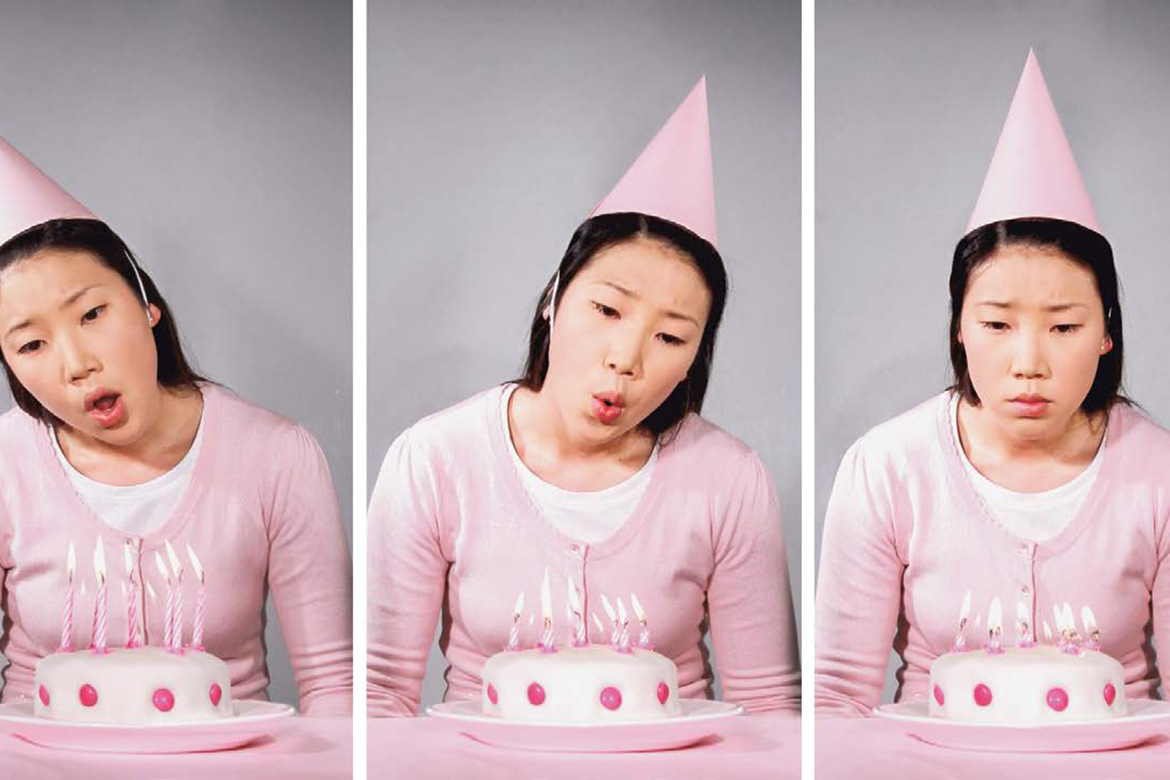JUSTICE
What if referees blew the whistle on marriages in Switzerland?
Fast, confidential and recognised in many countries… Arbitration has a number of advantages over traditional legal routes. Could the Swiss resort more often to this private justice in family disputes?

Not always ‘till death us do part’. Some points of dispute in a divorce could be better resolved by arbitration. | Image: Peter Dazeley/Getty Images
In Anglo-American countries, courts of arbitration are used to resolve family disputes – maintenance, division of property, or even parental custody. In Switzerland, it is much rarer. What limits does the Swiss legal framework place on family arbitration, particularly in matters concerning children? Might such a solution be adopted by a majority of the approximately 30,000 people who divorce each year in Switzerland? Clara Wack, a doctoral student in law at the University of Fribourg, wants to answer these questions in her thesis.
Arbitration is based on an agreement between the parties. Instead of entrusting the resolution of their dispute to a judge, they call upon an arbitrator. This choice guarantees a certain level of confidentiality. It generally favours a quicker outcome than the judicial route. The parties agree to abide by the decision, which is binding like a conventional verdict.
“This binding aspect is the main difference with mediation, which is often used in Switzerland in family conflicts”, says Wack. “Once a party is involved in the process, it cannot withdraw”.
Understanding arbitration in Switzerland
Arbitral justice is recognised in all 159 signatory nations of the New York Convention. But the types of case that can be submitted to arbitration vary from country to country. In Switzerland, it is generally considered that parental matters, e.g., custody or access, cannot be removed from the jurisdiction of a judge.
“According to Swiss law, disputes between Swiss residents can only be settled by arbitration if they concern matters considered to be at their own discretion”, says Wack. “In principle, this is not the case for issues relating to the relationship between parent and child, which are subject to the principle of the best interests of the child and regulated by law”.
What can be settled by arbitration in the family is at the heart of Wack’s research. Some issues are relatively simple to decide, others more complex. For example, there is the case of dividing between the spouses the property acquired during the marriage. “At present, authors tend to interpret these disputes as freely available, i.e., settleable without the supervision of a judge. But the issue remains controversial. For pensions, it is even more debated, especially if it concerns pensions paid in favour of the child”.
Over the next few years, Wack has set herself the task of unravelling these complex issues under Swiss law. Her thesis should provide some clarity. “My aim is not to promote arbitration in family disputes, but to understand, technically, what place it has in Swiss law”.
Beyond these technical questions, the researcher is also interested in the effects of family arbitration. For example, what happens to this alternative, more expensive solution when the two parties are not equal in terms of financial resources. “These questions are also essential to my research”.
Advantageous but not without danger
Arbitration certainly has advantages over the traditional legal route. Decisions are generally quicker, the procedure more flexible, and the parties choose their own arbitrator. A famous couple might also find advantage in the level of privacy. Moreover, arbitration decisions are often easier to enforce internationally. “In the field of family disputes, this seems to me to be one of the most interesting points”, says Wack. “An arbitral award may be more suitable for international couples, if they intend to enforce it in another country”.
But Laura Bernardi, a sociologist at the University of Lausanne and an expert on family issues, also points out that the most important thing is to avoid disputes. In the absence of a dispute, other alternatives to the legal route exist. “Valais recently introduced the concept of parental consensus. It is a kind of extended mediation, launched from the outset with judges, social workers, mediators and psychologists. For the vast majority of cases, this procedure has made it possible to reach an agreement as of the first session”.
According to Bernardi, current court procedures often exacerbate parental conflicts. This is why she is in favour of certain developments. “But if there is to be arbitration, there is a danger that the procedure will not respect the constraints set by the state. In the end, care must always be taken to ensure that the parents’ interests do not prevail over those of the children”.




